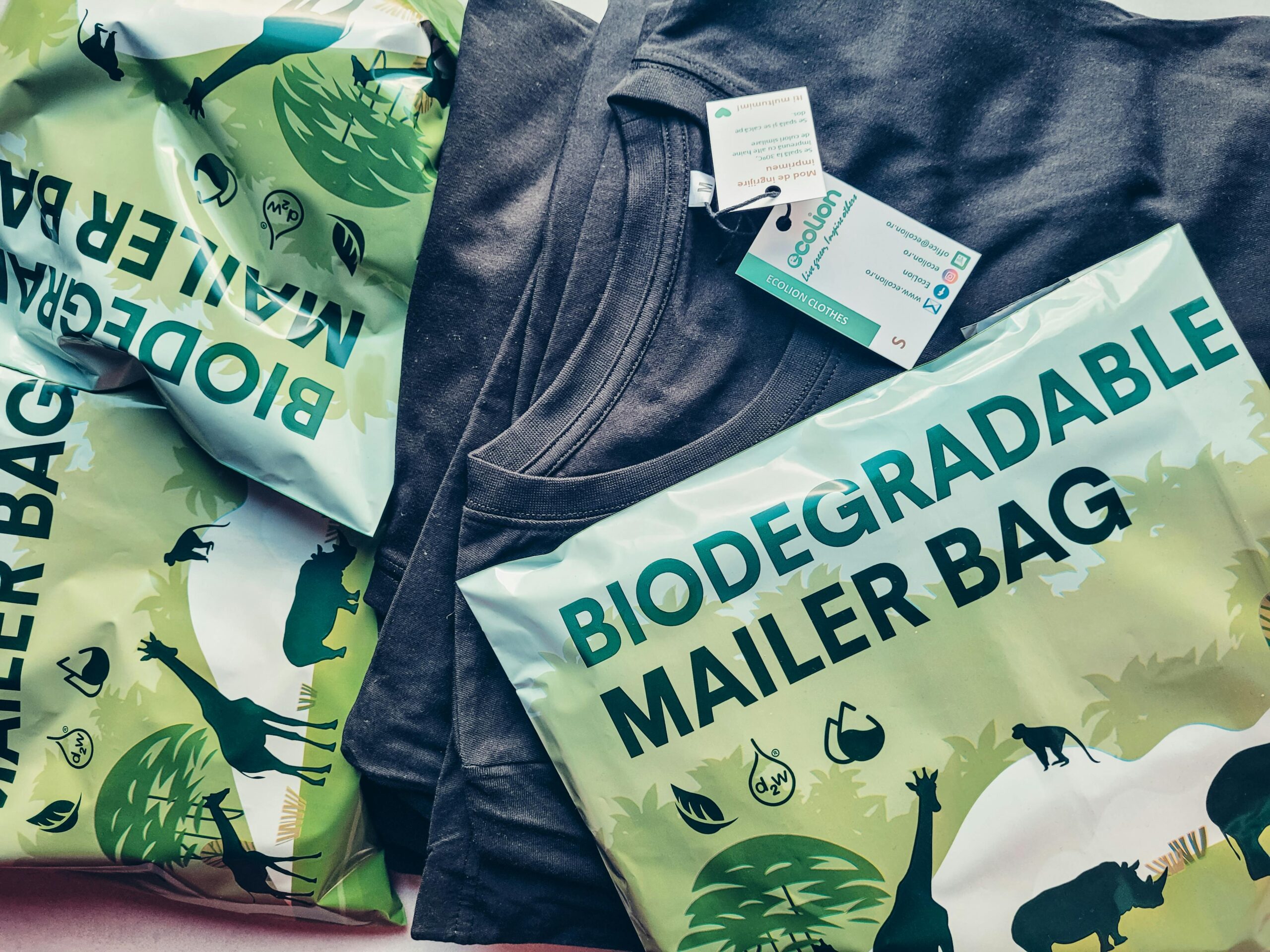Vague and Unsubstantiated Claims As a general rule of thumb, brands that mention their products loosely as being “green” or “eco-friendly” without any proof is a common greenwashing tactic. Truly sustainable companies have information to substantiate their claims, such as detailed pages about their practices, production process, and materials used. Supply Chain TransparencyIf a brand is committed to its ethical practices, it will not shy away from providing information on its production and workplace conditions. Brands that tend to hide this information or are unclear about their methods can raise eyebrows on whether they are truly ethical or just attempting to greenwash the consumer. Short-term CommitmentsCompanies outlining plans for future environmental and sustainability goals are a great first step, however, they can also be quite deceiving if there is no evidence or progression in their sustainability efforts. Brands that offer real insights and show evidence of past improvements are far more trustworthy than those laying out vague future claims without concrete actions. Limited Sustainable ProductionSome brands may create a small line of sustainable products and put a heavy emphasis on them as part of their eco standards, despite only being a small percentage of their overall production, mixed in with the rest of their unsustainable products. A sustainable brand would outline all its sustainable products as well as the stages to ensure it meets the proper criteria, rather than isolating a select few products. Excessive Marketing HypeAnother prime indicator of whether a brand is sustainable or not is the marketing surrounding its sustainability efforts. Consumers should be advised and weary around brands that put substantial effort into marketing a product as being green and sustainable, rather than simply committing to being sustainable and letting their efforts speak for themselves.











